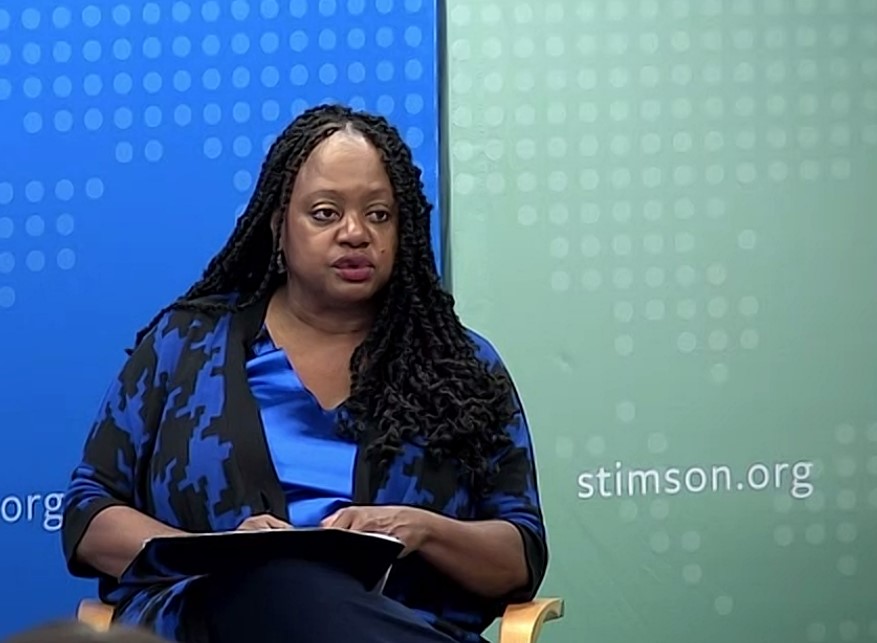WASHINGTON – A pandemic, Russia’s war in Ukraine, and other conflicts have slowed progress on sustainable development and international security, a senior US diplomat said Thursday.
“Certainly, the challenges we face are exacerbated in this pivotal moment of history, making it more difficult for us to meet the goals we have collectively set out to achieve,” said Ambassador Bonnie Denise Jenkins, under secretary for arms control and international security,
In September 2015, the U.N. introduced its 2030 Agenda for Sustainable Development, “a shared blueprint for peace and prosperity for people and the planet.” The U.N.’s member states agreed to the 17 Sustainable Development Goals, ranging from ending poverty to the establishment of peace, justice and strong institutions.
Since the adoption of these goals eight years ago, the COVID-19 pandemic, the war in Ukraine and other international conflicts have threatened the international community’s stability and impeded progress toward fulfilling the sustainable development goals.
“We are halfway to the 2030 goal and deadline, and we still have a long way to go,” Jenkins said.
The U.N.’s Sustainable Development Goals Report 2023 emphasized the devastating consequences of war, conflict and human rights violations on the global community and concluded that progress toward the Sustainable Development Goals was “in reverse halfway to our 2030 deadline.”
Jenkins explained how Russia’s illegal invasion of Ukraine has hampered progress. Russia disrupted the global food supply chain when it decided not to renew the Black Sea Grain Initiative, a 2022 agreement to export Ukraine’s wheat and corn supply to the world market. Russia’s use of landmines also disturbed agricultural land, which in turn slowed progress toward zero hunger, another of the goals.
The U.S. State Department’s Bureau of Political-Military Affairs’ demining program has worked to reverse these effects, removing landmines and the explosive remains of war from fertile lands.
Clearing landmines and other explosive remnants of war restores agricultural land, allows access to safe drinking water and protects people by preventing the threat of injury, Jenkins said.
Jenkins also recognized how the U.S. is leading the way in arms control, and promoting “clean, reliable and safe energy options.”
While Jenkins recognized the benefits of the United States’ “work in keeping the world secure to advance peace, security and development,” she stressed that this is not a job that can be done alone.
“Though America’s global leadership is essential for a more free, open and prosperous era for everyone around the world, we are determined to work with our partners, allies, industries, civil society and others. Including those who may not agree with us on everything,” Jenkins said.

